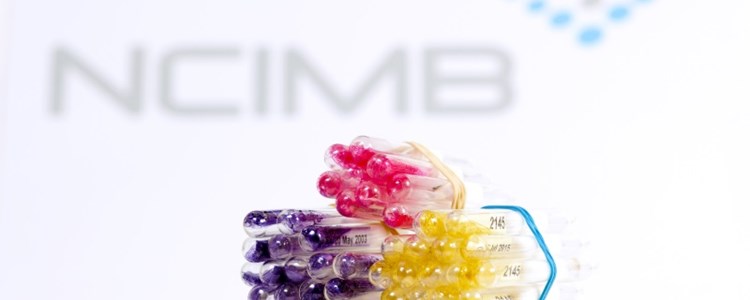Halophiles from the world’s oldest salt mine and a strain with plant-pathogen control potential now available from NCIMB
Thursday 6 February
Recent additions to the National Collection of Industrial, Food and Marine Bacteria include three moderate halophiles and a strain with potential as a biocontrol agent.
Moderate halophiles NCIMB 15224 Aquisalibacillus elongatus, NCIMB 15225 Salinicoccus sesuvii and NCIMB 15226 Halomonas aquamarina, were all isolated from saline soil of the Khewra salt mine in Pakistan, and deposited at NCIMB by scientists from the Fatima Jinnah Women University. The Khewra salt mine, reported to be the oldest salt mine in the world, is known for production of pink Khewra salt. Salt mines are a popular destination for microbiologists with an interest in industrial biotechnology, as halophiles have recently been the focus of interest as a low-cost platform for bioprocessing.
NCIMB 15235 Serratia inhibens was isolated from a potato rhizosphere and deposited in the NCIMB collection by scientists from the university of Copenhagen. A draft genome sequence has been published in Microbiology Resource Announcements. The authors state that the application of rhizosphere biocontrol bacteria to control plant-pathogenic fungi is an alternative approach to the use of chemical agents, and that the genomic data provide insight into the genetics underpinning the activity of this strain. For more information about purchasing any of our strains contact enquiries@ncimb.com or visit our website.